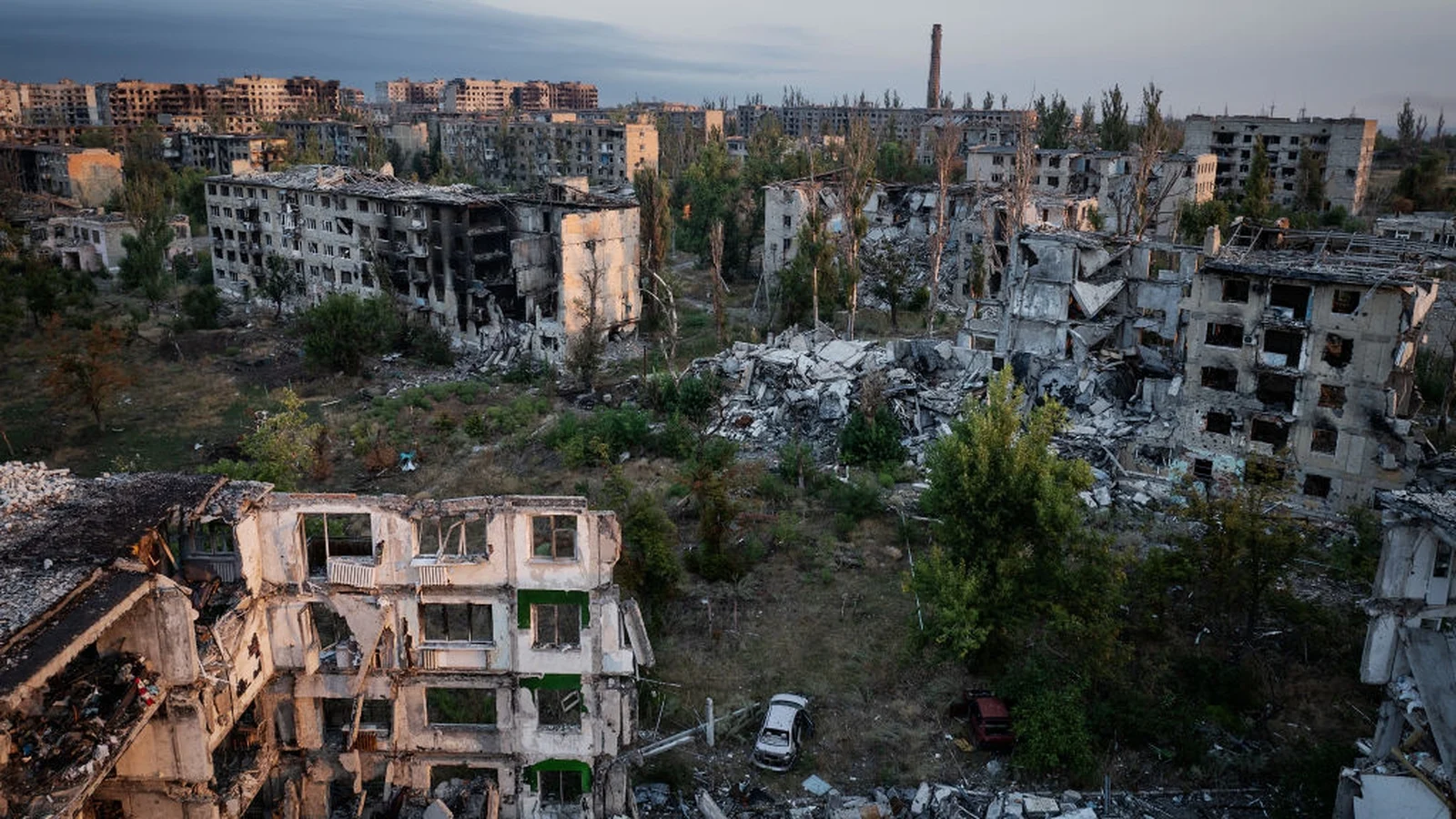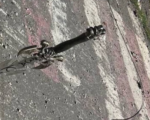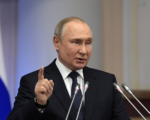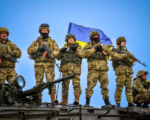Russia has captured the key eastern Ukrainian town of Vuhledar, marking a significant setback for Kyiv as it prepares for its third winter in war. The town, once home to 14,000 people, now lies in ruins, with a population reduced to barely over 100. Verified footage showed Russian troops raising their flag over the city’s destroyed hall, signifying the end of months of fierce Ukrainian resistance.
Ukraine’s military confirmed a strategic withdrawal from Vuhledar, citing the encroaching threat of encirclement by Russian forces, who managed to bring in reinforcements to the town’s flanks. The withdrawal was framed as necessary to “save personnel and military equipment.”
Vuhledar, although not a major transport hub, had served as a crucial Ukrainian stronghold at the intersection of its eastern and southern fronts. Positioned roughly 50 kilometers south of Pokrovsk, a key attack nexus for Russia in the east, Vuhledar’s fortified nature made it a challenging target for Russian forces. However, its loss, like that of Avdiivka earlier this year, came not through Russian military strategy but rather through a war of attrition.
Strategic Significance of Vuhledar
Vuhledar, derived from the Ukrainian word for coal, sits at a vital junction between the Zaporizhzhia and Donetsk fronts. Russian bloggers, such as Boris Rozhin, have described the town’s fall as “operational, if not operational-strategic,” citing its elevated position and proximity to Russian-controlled Mariupol. The town’s loss could open the door for Russia to pressure other critical areas further west.
Ukraine had managed to defend Vuhledar for two years, successfully repelling multiple Russian attempts to seize the town. In February 2023, a poorly executed Russian offensive resulted in heavy Russian casualties, as Ukrainian forces used the town’s high-rise buildings to rain artillery fire on advancing troops. This latest Russian victory, though painful for Kyiv, follows months of incremental Russian gains in the east.

Ukraine’s Worsening Situation
The timing of Vuhledar’s fall is particularly problematic for Ukraine. The loss comes just days after President Volodymyr Zelensky returned from the U.S. without securing key military assurances from President Joe Biden. Zelensky’s diplomatic efforts yielded promises of additional aid but no NATO-style security guarantees or permission to use Western-supplied missiles to strike Russian territory. This absence of decisive Western support leaves Ukraine vulnerable on multiple fronts, especially as it struggles to recover territory from Russian forces.
Ukraine’s recent battlefield expansion into Russia’s Kursk region was meant to relieve pressure on other areas. However, this tactical shift appears to have done little to prevent Russia’s steady advance in the east, culminating in Vuhledar’s loss. The town’s capture also highlights the ongoing manpower advantage that Russia retains, even as Ukraine’s mobilization law has been in effect for four months.
Stanislav Buniatov, a Ukrainian soldier and blogger, criticized the loss on Telegram, expressing frustration that Ukrainian forces were surrounded and forced to withdraw in small groups. He described harrowing accounts of soldiers retreating under fire from Russian drones, leaving the wounded behind to be killed by Russian forces.
The Broader Impact on Ukraine’s War Effort
The fall of Vuhledar has immediate and long-term consequences for Ukraine. In the short term, it puts increased pressure on Kyiv to defend other key areas from Russian advances. President Zelensky‘s optimism about being “closer to peace” now seems premature as Ukraine faces the immediate task of preventing further Russian territorial gains. Retaking lost areas becomes an even more remote possibility as Ukrainian forces shift from offensive to defensive operations.
In addition to the military setbacks, Ukraine is bracing for another winter under relentless Russian attacks on its energy infrastructure. The International Energy Agency has warned that the upcoming winter will pose Ukraine’s “sternest test yet.” The combination of military losses, ongoing infrastructure attacks, and an uncertain Western response leaves Ukraine in a precarious position as the war drags on.


















